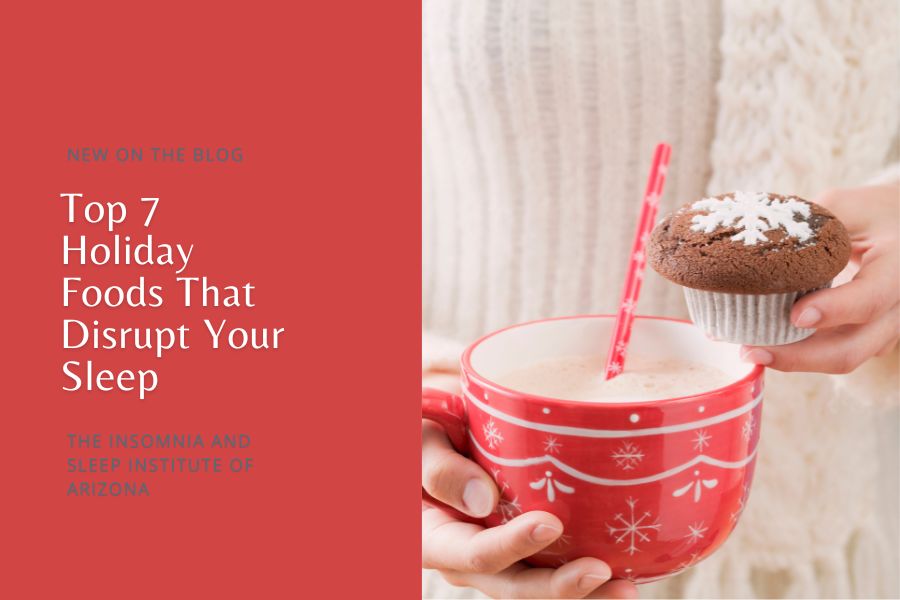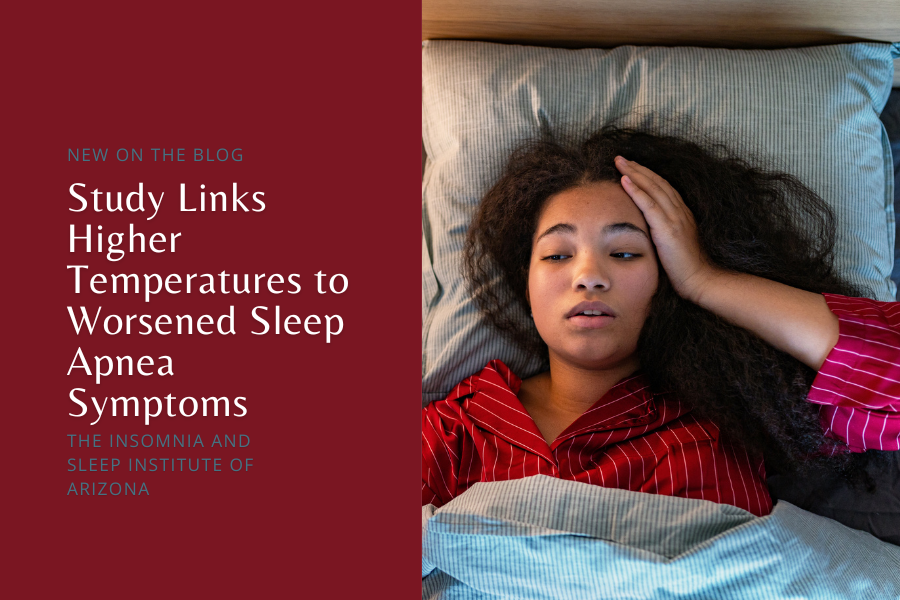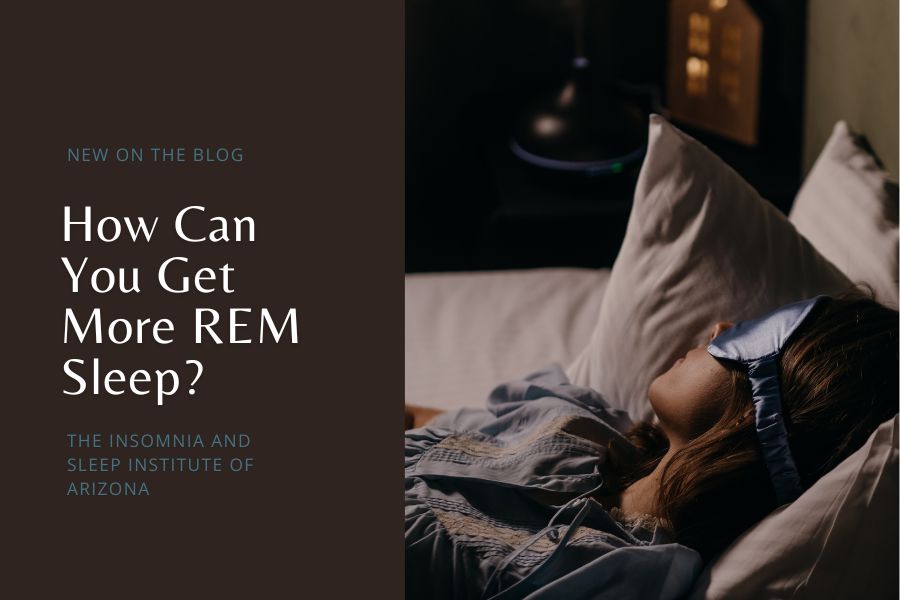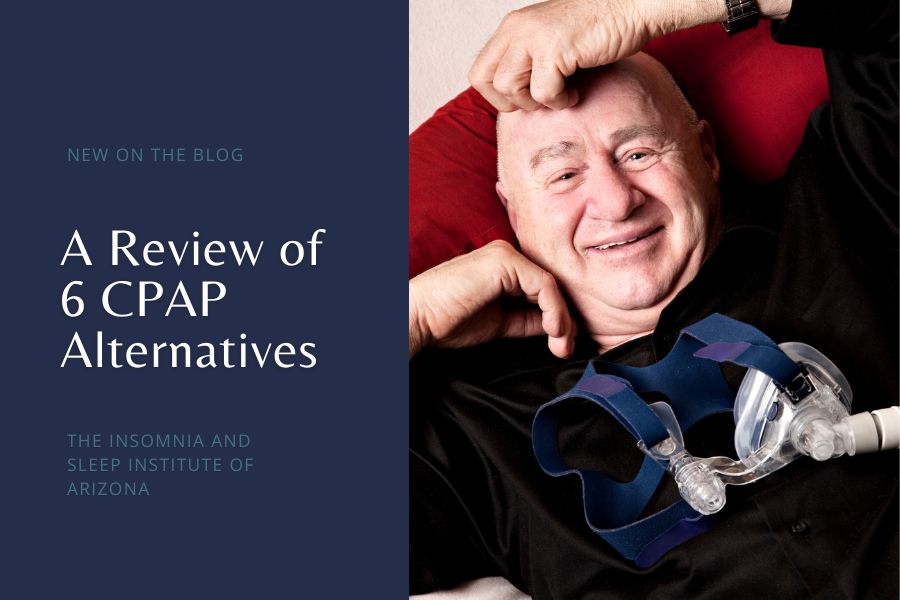Holiday treats bring joy to the table, but some may quietly disrupt your sleep. Rich meals and sugary drinks often take a toll on restful nights. These indulgences could explain why you’re tossing and turning. Let’s pinpoint the foods that might be keeping you awake.
1. Sugary Treats and Desserts
Sweet treats like cookies, cakes, and pies define the holiday season. Too much sugar before bed often disrupts your sleep. Those late-night indulgences might be leaving you restless.
- Spikes in blood sugar: High-sugar foods cause sudden glucose spikes, then followed by crashes. These fluctuations can disrupt your body’s ability to enter deep sleep.
- Insulin response: Overeating sweets triggers your pancreas to produce insulin rapidly, which may leave you feeling restless.
- Cortisol production: Sugar stimulates cortisol (stress hormone), which makes it harder to relax. Raised cortisol levels have been linked to poor sleep quality.
- Nighttime arousals: Diets high in sugar increase the odds of waking up during the night.
- Reduced Sleep Quality: Studies show high-carb, sugary meals increase N2 sleep and decrease deep and REM sleep, which are important for restorative rest.
2. Caffeine-Laden Treats
Holiday treats like chocolate, coffee-flavored desserts, and even hot cocoa can secretly sabotage your rest.
- Long half-life: Caffeine has a half-life of about 5-6 hours. Meaning, half of it remains in your system long after consumption. Even a small dose can slow your sleep cycle.
- Reduced slow-wave sleep: Caffeine hinders the ability to reach restorative deep sleep, essential for feeling refreshed.
- Hidden caffeine sources: Dark chocolate, a holiday favorite, can contain up to 30 mg of caffeine per ounce.
- Impact on adenosine: Caffeine blocks adenosine, a neurotransmitter that promotes sleepiness, leaving you wired even when you feel tired.
3. Alcoholic Beverages
Holiday gatherings often include spiked eggnog, mulled wine, or celebratory champagne. While alcohol might make you feel sleepy, it disrupts your sleep in multiple ways.
- Fragmented sleep: Alcohol reduces REM sleep, the most restorative sleep stage. Drinking alcohol within an hour of bedtime increases nighttime awakenings.
- Dehydration effects: Alcohol is a diuretic, causing frequent trips to the bathroom. Interrupted hydration and sleep cycles lead to poorer sleep quality.
- Sleep apnea risk: Alcohol relaxes throat muscles, worsening snoring and increasing the risk of obstructive sleep apnea.
- Metabolic processing: The liver works overtime to metabolize alcohol, keeping your body active when it should be resting.
4. Fatty and Fried Foods
Holiday feasts often feature-rich, fried, and fatty dishes like gravy-drenched meats, creamy casseroles, and deep-fried appetizers. While indulgent, they can hurt your sleep.
- Delayed digestion: High-fat foods slow down digestion, leading to discomfort and bloating when you lie down. This can cause acid reflux or heartburn.
- Impact on circadian rhythm: Fatty meals influence the circadian rhythm by changing the release of sleep-promoting hormones like melatonin.
- Weight gain connection: Studies showed that diets high in saturated fat are linked to shorter sleep durations.
- Inflammation trigger: Fried foods are rich in trans fats, which promote inflammation. This inflammation disrupts overall sleep quality and leaves you feeling groggy.
- Acid reflux trigger: These foods can lead to acid reflux and heartburn, major culprits behind sleep disruptions.
5. Spicy Foods
Spicy dishes like chili, curry, and hot wings can keep you up at night.
- Triggering acid reflux: Spicy foods weaken the lower esophageal sphincter. Acid flows back into the esophagus more easily. Heartburn often strikes when lying down.
- Body temperature elevation: Capsaicin in chili peppers can heat up your body. Staying cool is important for falling asleep. Spicy meals might work against your bedtime routine.
- Digestive discomfort: Spicy foods can also upset the stomach lining, causing bloating or cramping, which disrupts sleep.
- Night sweats: Capsaicin stimulates sweat glands, potentially increasing restless nights.
6. High-Salt Foods
Holiday staples like cured meats, stuffing, and chips are often loaded with salt, derailing restful sleep.
- Dehydration risk: High sodium levels also draw water out of cells. This can make you thirsty and cause midnight wake-ups.
- Blood pressure spike: Sodium intake raises blood pressure, which is linked to disrupted sleep cycles.
- Reduced melatonin production: A salt-heavy diet interferes with the production of melatonin, the hormone that regulates sleep.
- Swelling and bloating: Excess salt causes water retention, leading to discomfort that prevents you from falling asleep.
7. Rich and Creamy Dairy
Cheesy casseroles, whipped cream desserts, and heavy sauces may seem comforting but often disturb sleep.
- Lactose digestion challenges: Lactose intolerance often causes gas or bloating. Symptoms like this can disrupt sleep and leave you feeling restless.
- Acid reflux risk: Creamy dairy dishes pack on fat and slow down digestion. They also raise the risk of heartburn.
- Mucus production: Dairy can thicken mucus. Worsen snoring or mild sleep apnea symptoms may happen.
How to Enjoy Holiday Foods Without Losing Sleep
Enjoying festive treats doesn’t have to mean sacrificing your sleep. You can savor every bite with intentional choices without worrying about restless nights.
1. Plan Your Meals to Support Sleep
- Dodge heavy late-night snacks: Consuming rich, fatty, or sugary foods close to bedtime can disrupt digestion and cause discomfort. Stop eating large meals at least 2–3 hours before you sleep.
- Incorporate sleep-friendly foods: Bananas, almonds, and oatmeal are holiday must-haves. Rich in magnesium and tryptophan, they promote relaxation. Sleep better with these simple additions.
2. Limit Disruptive Ingredients
- Control caffeine intake: Choose non-caffeinated treats like herbal teas or white chocolate. Skip coffee-based desserts and dark chocolate to keep your evenings calm.
- Watch your alcohol consumption: Alcohol fragments sleep and reduces REM cycles. Switch to sparkling water with fruit for a celebratory yet sleep-friendly drink.
3. Stay Hydrated the Right Way
- Drink water consistently: Counteract the dehydrating effects of salty or alcoholic foods. Hydrate throughout the day.
- Balance timing: Avoid drinking large amounts of water just before bed to prevent waking for bathroom trips.
4. Manage Digestive Comfort
- Neutralize spicy foods: Pair spicy dishes with yogurt or milk-based sides to lower their impact on acid reflux.
- Choose smaller portions: Eating smaller amounts of holiday treats can help you avoid feeling too full when it’s time to rest.
5. Keep Sleep Hygiene Priority
- Set a consistent bedtime: Even during the holidays, maintain a routine to reinforce your circadian rhythm.
- Create a restful space: A cool, quiet bedroom can help mitigate the effects of holiday indulgences on your sleep.
When Sleep Problems Persist: Let Us Help You Rest Easy
If holiday indulgences or ongoing challenges affect your rest, The Insomnia and Sleep Institute of Arizona is here to help. With convenient locations in Gilbert, Phoenix, and Scottsdale.
Expert Solutions for Better Sleep
- Advanced Sleep Assessments: We identify conditions such as insomnia, obstructive sleep apnea (OSA), or circadian rhythm disorders with precise diagnostics.
- Effective Treatments: Solutions that fit your needs, including Inspire Therapy, CPAP Therapy for OSA, and cognitive-behavioral therapy for insomnia (CBT-I).
- Focused Approach: We prioritize your well-being with actionable strategies that seamlessly blend into your daily life.
Why Choose Us?
- Leaders in Sleep Medicine: Our institute is renowned for creative, proven effective, expert-driven care.
- Comprehensive Support: Beyond treatment, we empower you with knowledge and tools to maintain healthy sleep patterns long after the holidays.
If sleepless nights are holding you back, don’t wait for relief. At The Insomnia and Sleep Institute of Arizona, we provide solutions that work. Restful sleep is the greatest gift of all. Message us.
References
Marie-Pierre St-Onge, Roberts, A., Shechter, A., & Choudhury, A. R. (2016). Fiber and Saturated Fat Are Associated with Sleep Arousals and Slow Wave Sleep. Journal of Clinical Sleep Medicine, 12(01), 19–24. https://doi.org/10.5664/jcsm.5384
Note: The information provided here does not replace professional medical guidance. Please consult your doctor for any health concerns.








